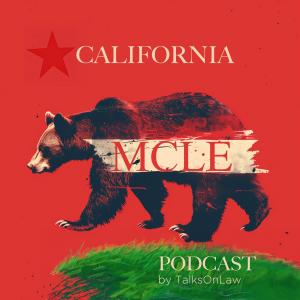California MCLE Podcast

Mind Police–Memory Evidence (Part 2)
In 2008, a woman in India was convicted of murder for the death of her fiancé on the basis of evidence derived from a brain-based memory detection exam. The test measured brain activity which purportedly indicated that she in fact had personal knowledge of the poisoning of the victim. While such technology is highly controversial and not in common use in U.S. courts, significant advances in brain science now justify analysis of both the potential applications of memory evidence as well as the constitutional implications of doing so. In part 2 of this 2-part interview, Professor Emily Murphy of UC Hastings Law evaluates how evidence from brain-based memory detection may be admitted in courts under Daubert. She then explores whether such evidence should be admitted even if the technology were perfect, given technological and biological limits, and how it may infringe upon constitutional and privacy rights if the government compels individuals to undergo brain imaging to decode memories.
(Credits: 0.5 General MCLE)






 Visit Podcast Website
Visit Podcast Website RSS Podcast Feed
RSS Podcast Feed Subscribe
Subscribe
 Add to MyCast
Add to MyCast